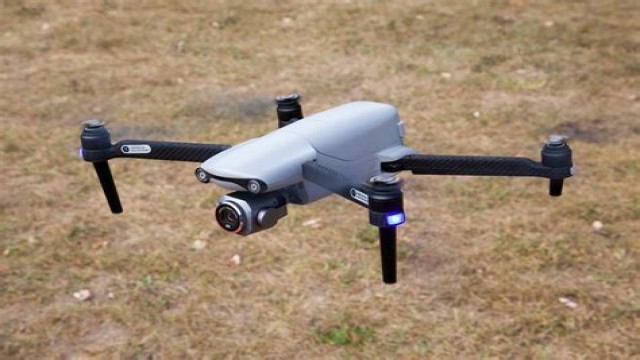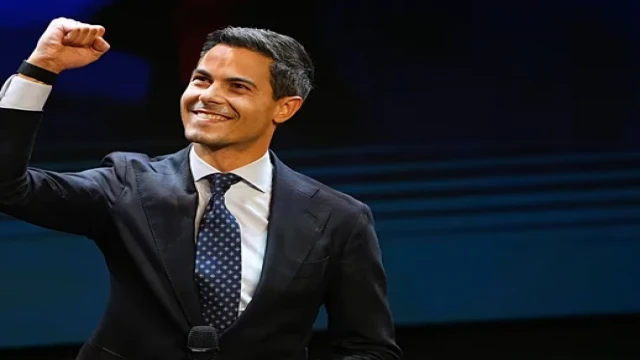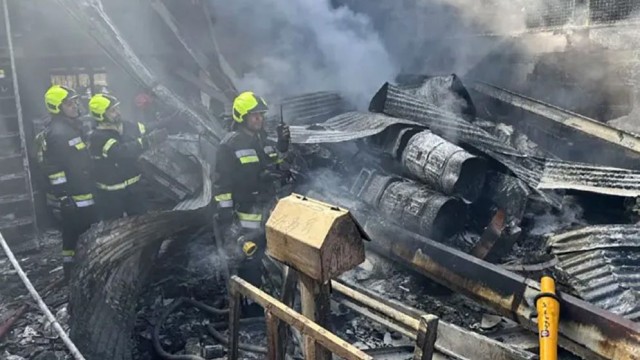Seoul/Dhaka, Oct 30 (V7N) — The International Women’s Peace Group (IWPG) Global Region 3, led by Regional Director Heo Eun-ju, signed a Memorandum of Agreement (MOA) with the Bangladeshi organisation SheEqual to advance efforts for peace and gender equality. The online signing ceremony solidified a partnership focused on supporting peace education, advocating for the DPCW (Declaration of Peace and Cessation of War), and building cooperative networks for sustainable peace efforts.
SheEqual, founded in 2019, has been a prominent advocate for women’s and girls’ rights in Bangladesh. The organisation addresses gender stereotypes and promotes equality through a variety of development programs, including storytelling, research, community awareness campaigns, and training. Their initiatives also cover women’s legal rights, important community rulings, and success stories, along with maintaining a strong presence in digital spaces.
"Through today's MOA, I hope that IWPG and SheEqual become one in our pursuit of peace," said Heo Eun-ju of IWPG. SheEqual’s President, Tamima Nasrin, expressed her enthusiasm, stating, "We are truly honoured to formalise this partnership with IWPG. This agreement marks the start of our collaboration for peace, justice, and global empowerment."
IWPG, a UN DCG and UN ECOSOC-registered NGO, is globally recognised for its dedication to peace, uniting women worldwide through its network and promoting peace culture. The organisation collaborates with UN women’s groups to advocate for the adoption of the DPCW.
This partnership between IWPG and SheEqual brings a renewed focus on shared peace initiatives and women’s rights advocacy, reinforcing their commitment to building a world where peace and equality thrive.
END/PR/AJ































Comment: